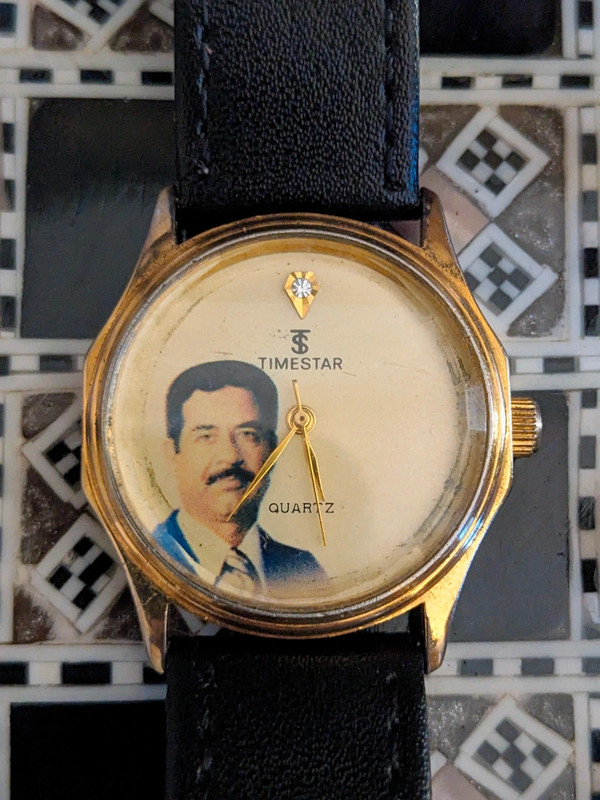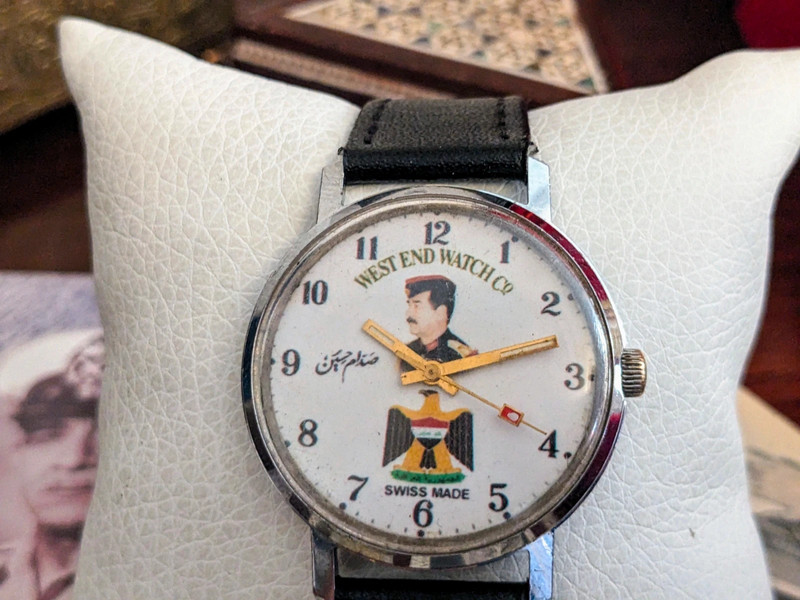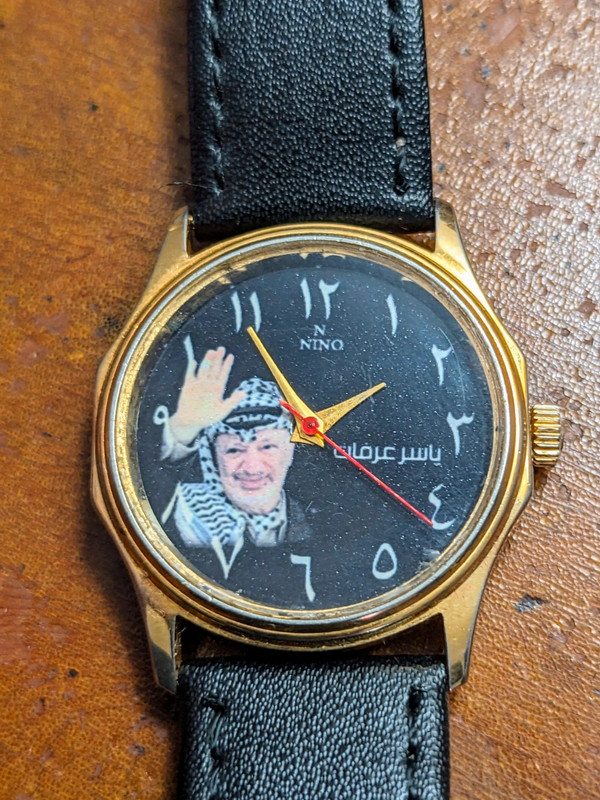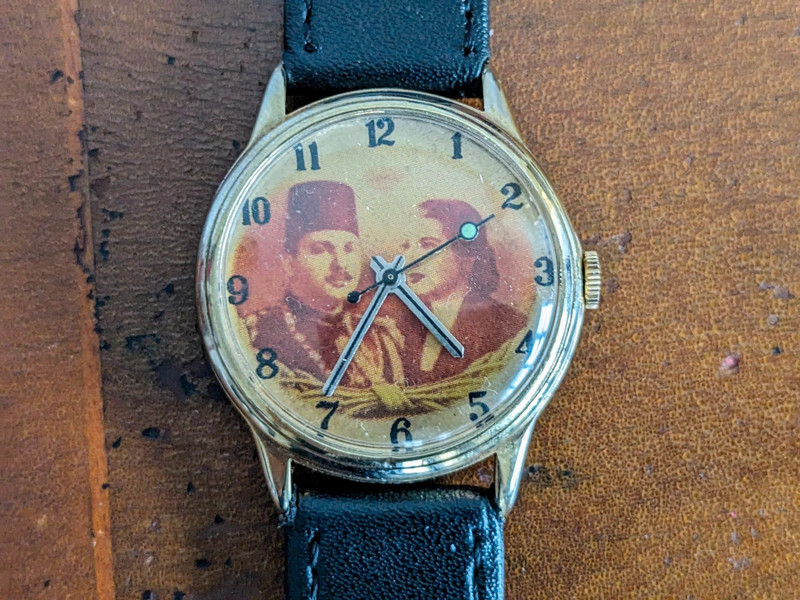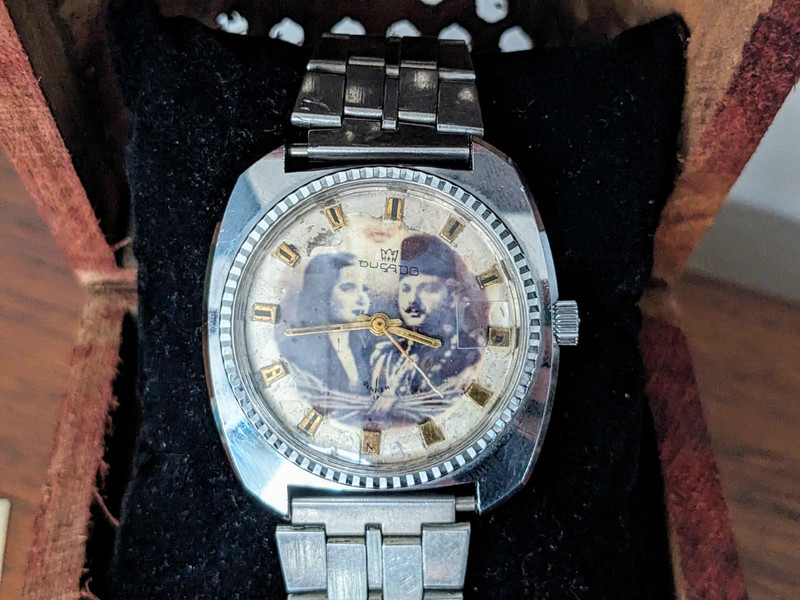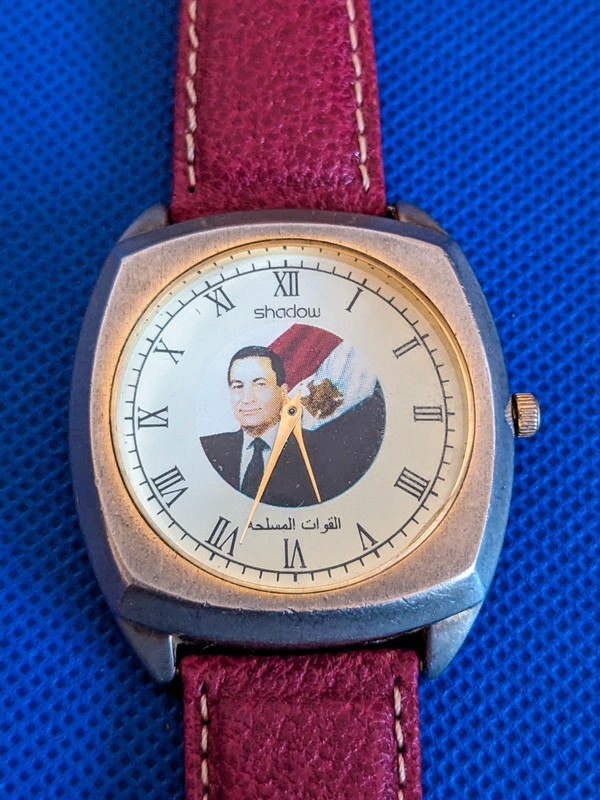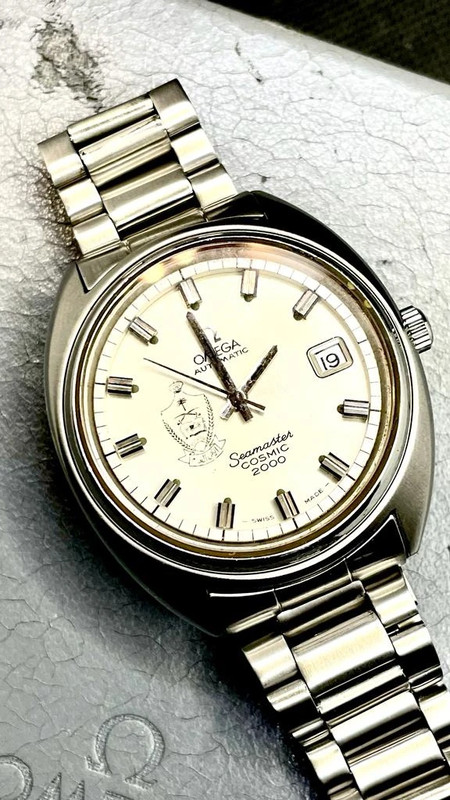FROM :
Armenian Genocide
For this April 24, as a Turk, I decided to compile a few excerpts from famous Turkish novels and poems that talk about the genocide. Of course, none of them uses the term genocide, but this is probably because the term genocide was not popular at the time (the newest piece is from 1955) rather than the authors made a conscious decision not to use the word genocide. Some of the below are translated by me, so please forgive me for whatever mistakes I have made.
Let's start with Nazim Hikmet. He is arguably the most famous modern Turkish poet. This poem is named '
The Evening Walk':
...
The grocer Karabet's lights are on.
This Armenian citizen has not forgiven
the slaughter of his father in the Kurdish mountains.
But he loves you,
because you also won't forgive
those who blackened the name of the Turkish people.
...
Another one from Nazim Hikmet, this one is from the epic novel '
Human Landscapes from My Country':
Grocer Sefer snatched the paper. Yusuf could barely keep from laughing. As Grocer Sefer sniffed the newspaper, his gold teeth sweetened in his mouth like apricots.
He put on his glasses: "See, Ihsan Bey, no pictures, all Muslim writing. Read it, so we can hear."
The grocer closed his eyes; his mouth open, his teeth gleamed like the four evening prayers.
"The paper is
Morning, effendi agha, dated '10 Rebulhair 1327, number 7038.' The licensee, Mihran."
Modern Yusuf asked:
"So the owner was Armenian?" "Armenian, Schmarmenian– just read, Ihsan Bey…"
"I am reading, effendi agha: 'Directeur-propriatre' (He read the French as if reading Turkish.) Grocer Sefer's eyes widened: "What's that, Ihsan Bey?" "That's French, effendi agha." "True, in the old days the heathen shops in Beyoghlu wrote their signs in French. It's good they've banned that now. Those who eat Turkish bread should write Turkish. Anyway, read the columns. "
...
"Isn't there any news, Ihsan Bey? Read the news." "There is, but that part of the paper is really in pieces." "Never mind, Ihsan Bey, read."
"'Tashkishla and its environs were watered with Ottoman, Albanian, Greek, Armenian, Jewish and Bulgarian blood for the love of the country and the freedom…'"
Stunned, Moden Yusuf asked: "Weren't there any Turks?" "It says 'Ottoman.'" "Are they the same?" "I don't know." "Go on, read."
"'Armenian women assist soldiers transporting artillery trough Tatavla.'"
Ihsan Bey wanted to put down the paper; he'd lost hope of making Grocer Sefer mad: "I can't read it, it's in shreds." This time Modern Yusuf insisted: "Whatever is there, read it to the end."
Ihsan Bey continued:
"'Incidents in Adana
Satanic hands, disgraceful men
the house of a married Armenian woman
.
her husband comes and shoots three of these devils
[Muslims] taking this opportunity, attacks on Armenian homes
official indifference
Muslims against Armenians, Armenians against Muslims.
houses burned
fundamentalists loot the city Adana and the surrounding villages
streets of Tarsus littered with bodies…'
Should I go on?"
From the same epic novel:
During the Great War, Ismail had been packed off to the army, even though he was just sixteen. He acted brave out of spite. He got sent to Yozgat as a guardsman.
And when the Armenians were massacred, he got up to his neck in blood. He deserted and became a bandit.
. . .
"Go get your mother's quilt," Ismail told Omer [his son]. "Beat her if you have to, but get her back." Omer wouldn't go, And Ismail beat him unconscious. He woke up in a pool of blood and made up his mind to kill his father. "I'll shoot him in his sleep," he told his mother. His mother cried: "Your father has nine lives– he'll kill us both before you can kill him.
An Armenian priest cursed him to live a thousand years. Give it up, son. He's my curse I have to live with…"
. . .
Next one is from Orhan Kemal's novel '
Kanli Topraklar':
"You thief!" he said. How did you forget the days you came to Cukurova (Cilicia) with nothing but ragged shoes and some dirty carpets?
Did your father build that factory? It belonged to Armenians...
...
"After the war, o Allah!
Everyone pillaged Armenian and Greek properties… Our boys got all the businesses the infidels left."
...
"Those times, you know, Armenians and Greeks owned most businesses, they were robbing the Ottoman Empire. Then Sultan Hamid was deposed. Then the constitutional monarchy. Community of Union and Progress. It was the time to create a national bourgeoisie. Finally the deportation of Armenians. That boss of Nedim, he was Armenian too, wanted to escape the country. He told Nedim: 'I like you, you are an honorable man. You are religious. Let's make a deal. Let's pretend I sold you all my property, and you paid money for that. You run the business. Run it and earn money. Keep as much as you want. Send some of it to me.' Of course, Nedim was a sly old fox. He told his boss 'Don't worry. Your property belongs to you. Now that you're in trouble, I will run the business. All profit is yours. Allah forbids me to take one bit. I will just deduct my salary and send you the rest.' But of course, Nedim never sent a dime.
. . .
And this one is from Yasar Kemal's '
Salman the Solitary':
Ismail Agha refused to take the mansion. "Thanks, Bey, but this mansion belongs to an Armenian. This is their nest. I can't take it." Then the Bey got angry: "
They are not birds, they are Armenians! Do you hear what you say, you dumb Kurd? Armenians are not birds, they can't have nests, neither homes."
...
[Some villagers want Ismail Agha to stop harboring Onnik, an Armenian friend of Ismail Agha] "
O Ismail Agha, give that Armenian to me. I will go to heaven. If I kill that Armenian, my deeds will be good enough, I will go to heaven. Give him to me, you will get your reward too."
. . .
And this is again Yasar Kemal's '
Mehmed, My Hawk':
"The second place that Ahmet Bey liked was a small plantation near the Akmezar village.
While Armenians were fleeing away from the region, the owner of the plantation sold it to his Turkish friend. He told his friend: 'If I ever get back, brother, give me my land back. If I can't, it's yours. Use it the way you like.'"
. . .
"Murtaza Agha didn't take the lands of the exiled Sultan or the Armenians. And he was proud of that. But, the manor he was residing now was gifted by his Armenian friend Karabet Keklikian. Everyone was saying he took the manor by force, and this was driving him crazy. Those who seized manors were Zulfu, Taskin Halil Bey, Molla Duran. Not him. They didn't pay a dime for the property, neither to the owners nor to the government, when Armenians left, they just sat on those manors as if they belonged to their fathers."
. . .
